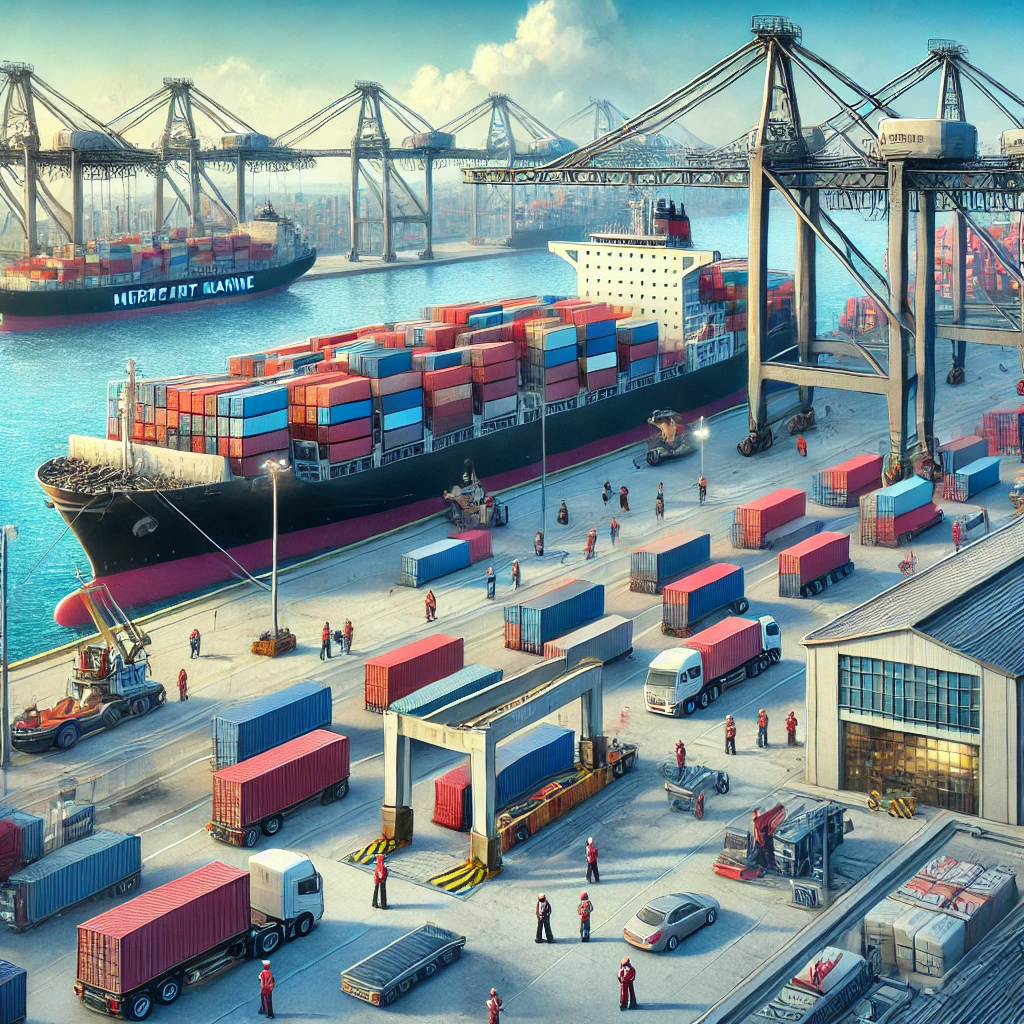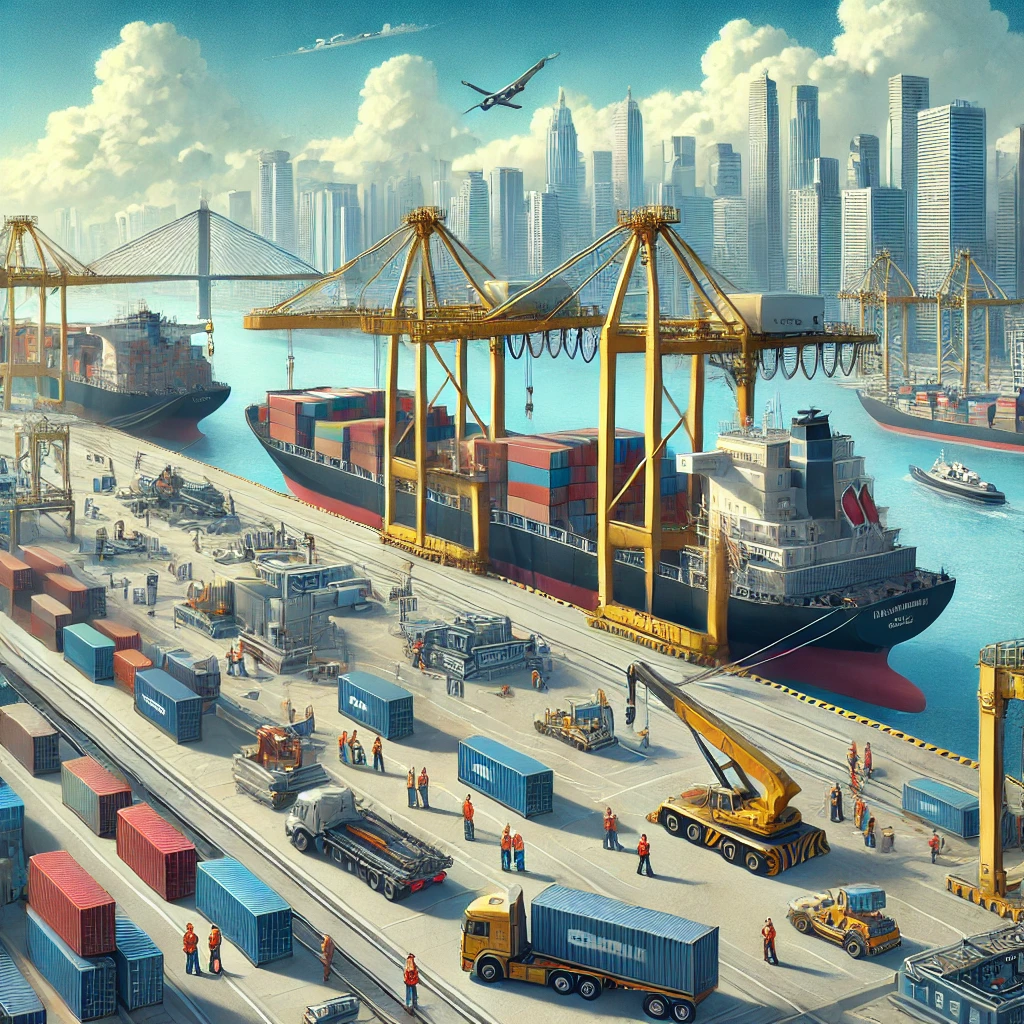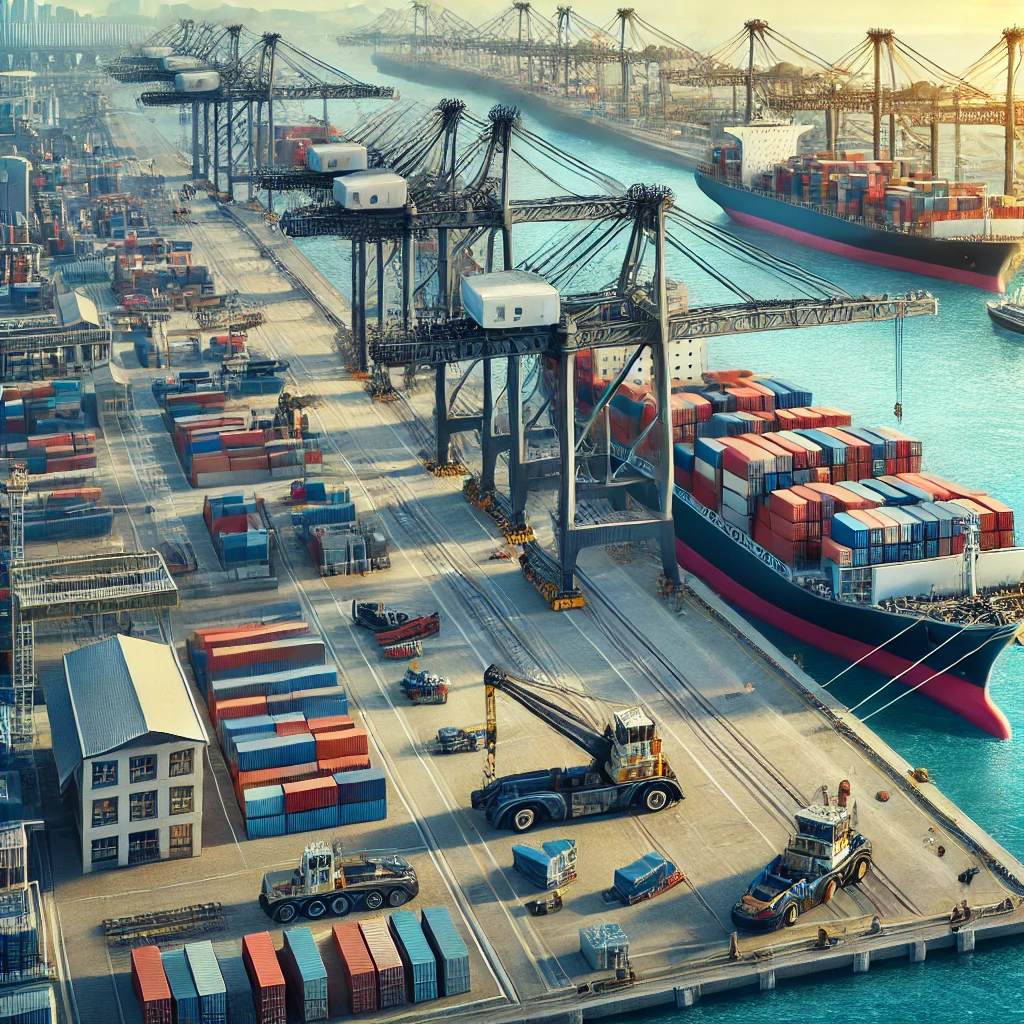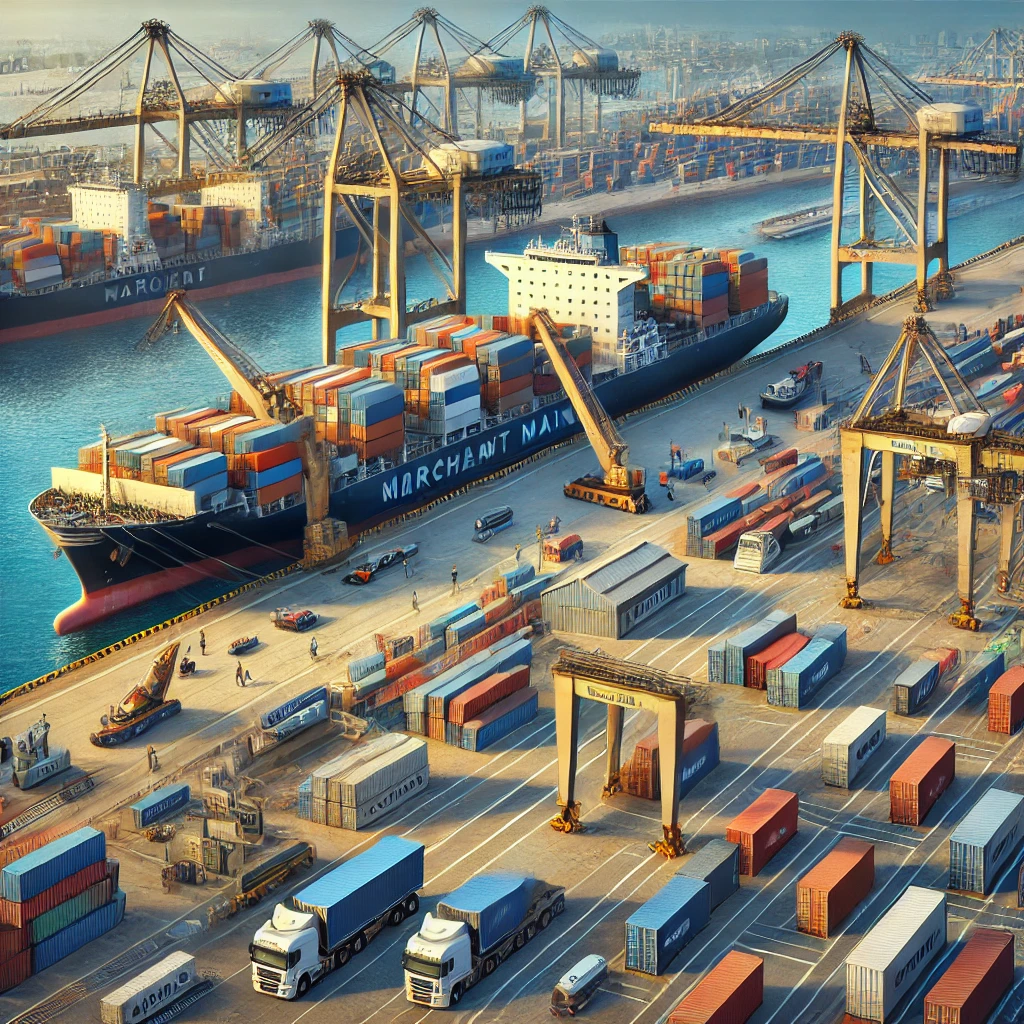Merchant Marine Jobs: Opportunities in the Freight Forwarding Industry

Understanding the Merchant Marine
The merchant marine consists of all non-military watercraft engaged in commerce, including cargo ships, tankers, and passenger vessels. These ships are the backbone of international trade, carrying over 90% of the world’s goods by volume.
Types of Merchant Marine Jobs
- Deck Department
- Captain (Master)
- Chief Mate
- Second Mate
- Third Mate
- Able Seaman
- Ordinary Seaman
- Engine Department
- Chief Engineer
- First Assistant Engineer
- Second Assistant Engineer
- Third Assistant Engineer
- Oiler
- Wiper
- Steward’s Department
- Chief Steward
- Chief Cook
- Steward Assistant
- Specialized Positions
- Electro-Technical Officer
- Radio Officer
- Purser
- Medical Officer
Qualifications and Training
Requirements vary by position but generally include:
- Education: High school diploma minimum, with advanced degrees for officer positions
- Maritime Academies: Specialized training from institutions like the U.S. Merchant Marine Academy
- Certifications: Various certifications from the Coast Guard or equivalent international bodies
- Physical Fitness: Ability to pass medical examinations and fitness tests
- Security Clearance: Often required, especially for U.S. flag vessels
Career Paths in Merchant Marine
- Entry-Level to Officer: Start as an Ordinary Seaman and work up to officer positions
- Specialized Technical Roles: Focus on engineering or electrical systems
- Shore-Based Management: Transition to logistics, port operations, or shipping company management
- Maritime Education: Become an instructor at a maritime academy
- Regulatory Positions: Work for government agencies overseeing maritime operations
Advantages of Merchant Marine Careers
- Travel Opportunities: See the world while working
- Competitive Salaries: Often higher than equivalent land-based positions
- Extended Time Off: Many positions offer long periods of leave between voyages
- Career Advancement: Clear paths for promotion and skill development
- Job Security: Essential industry with consistent demand for skilled workers
Challenges of Merchant Marine Jobs

- Long Periods Away from Home: Voyages can last months at a time
- Physical Demands: Work can be physically challenging and potentially dangerous
- Isolation: Limited contact with family and friends while at sea
- Strict Regulations: Must adhere to international maritime laws and company policies
- Continuous Learning: Need to stay updated with evolving technologies and regulations
Merchant Marine in Freight Forwarding
The freight forwarding industry relies heavily on the merchant marine for international shipping. Key roles include:
- Logistics Coordinators: Plan and oversee cargo movements
- Port Agents: Manage ship arrivals, departures, and cargo handling
- Marine Surveyors: Inspect vessels and cargo for compliance and damage
- Cargo Specialists: Expertise in handling specific types of cargo (e.g., refrigerated goods, hazardous materials)
- Documentation Specialists: Manage complex paperwork for international shipments

Future Trends in Merchant Marine Jobs
- Green Technologies: Increasing focus on environmentally friendly shipping practices
- Automation: Growing use of automated systems and potential for autonomous vessels
- Cybersecurity: Heightened importance of digital security in maritime operations
- Specialized Training: Evolving skill requirements to match technological advancements
- Alternative Fuels: Adaptation to new fuel types like LNG and hydrogen

How to Start a Merchant Marine Career
- Research: Understand the various career paths and requirements
- Education: Enroll in a maritime academy or pursue relevant degrees
- Certifications: Obtain necessary licenses and certifications
- Networking: Connect with industry professionals and join maritime associations
- Entry-Level Positions: Gain experience through internships or entry-level roles
- Continuous Learning: Stay updated with industry trends and regulations
Conclusion
Merchant marine jobs offer unique opportunities for those seeking a career that combines technical skills, global travel, and a crucial role in international trade. From deck officers to specialized technicians, the industry provides diverse paths for career growth and development. As global commerce continues to rely heavily on maritime transportation, the demand for skilled merchant marine professionals in the freight forwarding industry remains strong.
For companies in the freight forwarding and shipping industry looking to optimize their operations and support their merchant marine workforce, Linbis offers comprehensive software solutions. Our platform can help manage crew scheduling, vessel tracking, and logistics coordination, enhancing efficiency in maritime operations. To learn more about how Linbis can support your merchant marine and freight forwarding activities, contact us today for a personalized demonstration.
